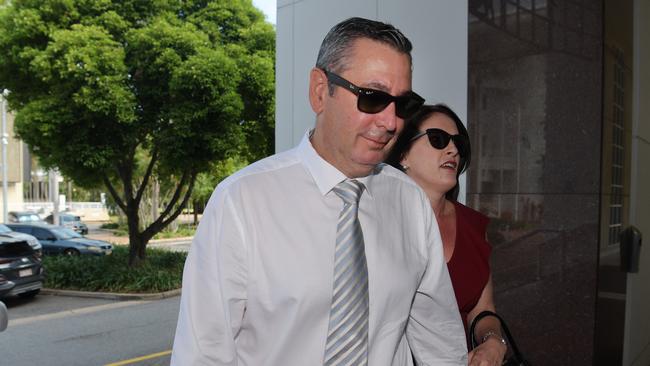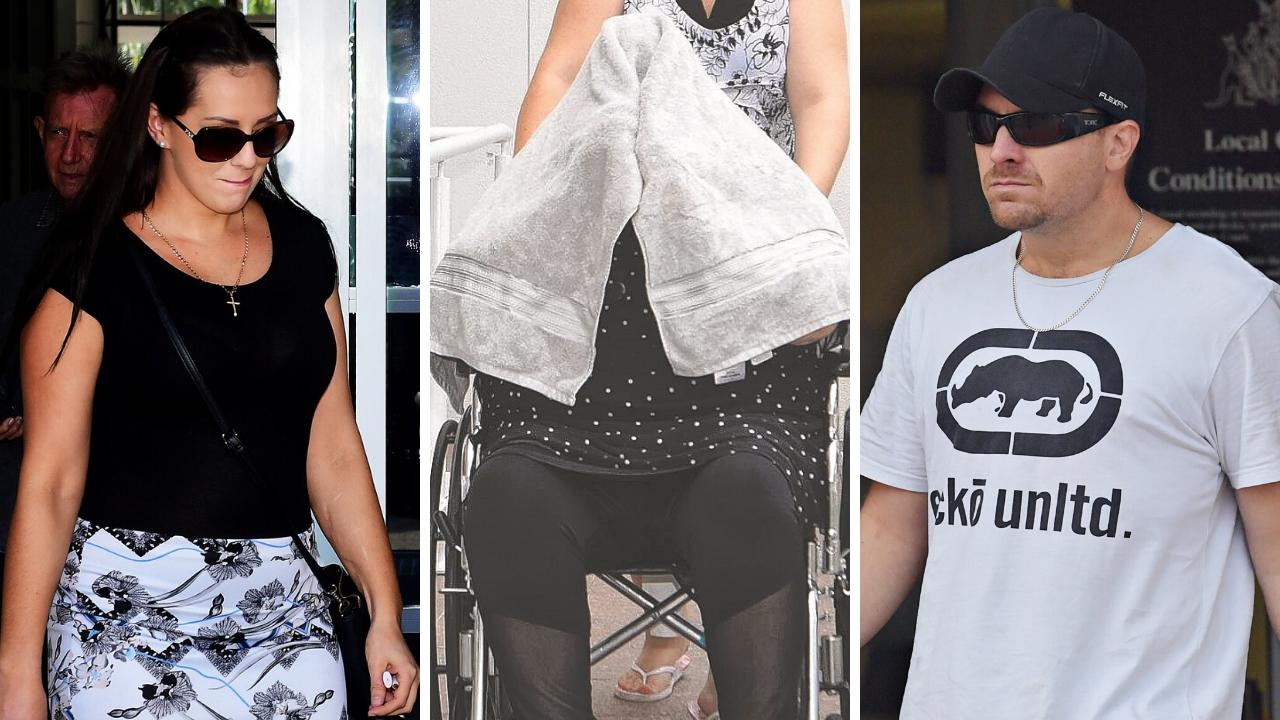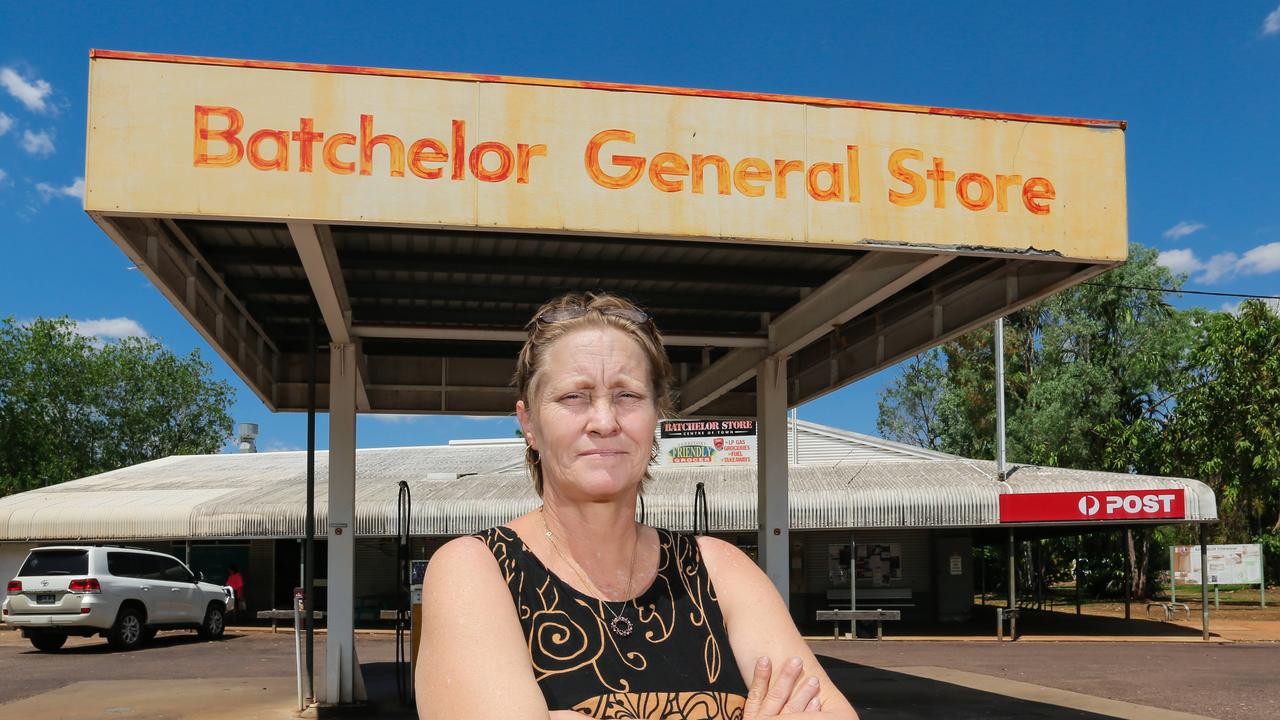Supreme Court jury likely to consider Chris Deutrom verdict today
THE jury deciding the fate of alleged fraudster real estate agent Chris Deutrom is expected to retire to deliberate first thing today

Crime and Court
Don't miss out on the headlines from Crime and Court. Followed categories will be added to My News.
THE jury deciding the fate of alleged fraudster real estate agent Chris Deutrom is expected to retire to deliberate first thing today.
Justice Jenny Blokland on Tuesday afternoon gave the 13 jurors – one of whom is a reserve – the option of deliberating into the evening but said it was “probably a wise” decision to return to court this morning.
If not required, the reserve juror will be discharged when the jury is formally sent out.
Mr Deutrom, 50, has pleaded not guilty to eight counts of obtaining benefit by deception.
The charges relate to allegations he directed more than $230,000 in advertising rebates owed to Elders by the NT News and realestate.com.au into his own bank accounts.
Justice Blokland told the jury on Tuesday that they must ignore a suggestion made by Mr Deutrom’s legal team that there had been collusion between prosecution lawyers and Elders.
“There’s no evidence of that ladies and gentlemen,” Justice Blokland said.
“Counsel do get carried away … from time to time.
“There’s no evidence of that and you need not trouble yourselves with that.”
In his closing address, Mr Deutrom’s barrister, Jon Tippett QC, had described the prosecution of his client as a “civil case gone rogue”.
The prosecution case is that Mr Deutrom’s financial circumstances were “dire” when he directed senior NT News and realestate.com.au staffers to deposit rebate payments into bank accounts linked to him.
An email sent to a generic Elders email address raised suspicions with a junior agency staffer, prompting an Elders probe.
Justice Blokland spent much of Tuesday summarising key evidence from that staffer, Matthew Pullman, as well as from two senior Elders staffers and from Mr Deutrom himself.
She said Mr Deutrom was a man of active good character, and that if the jurors were to find him guilty they would have to find beyond a reasonable doubt that his actions were “knowingly deceptive.”


